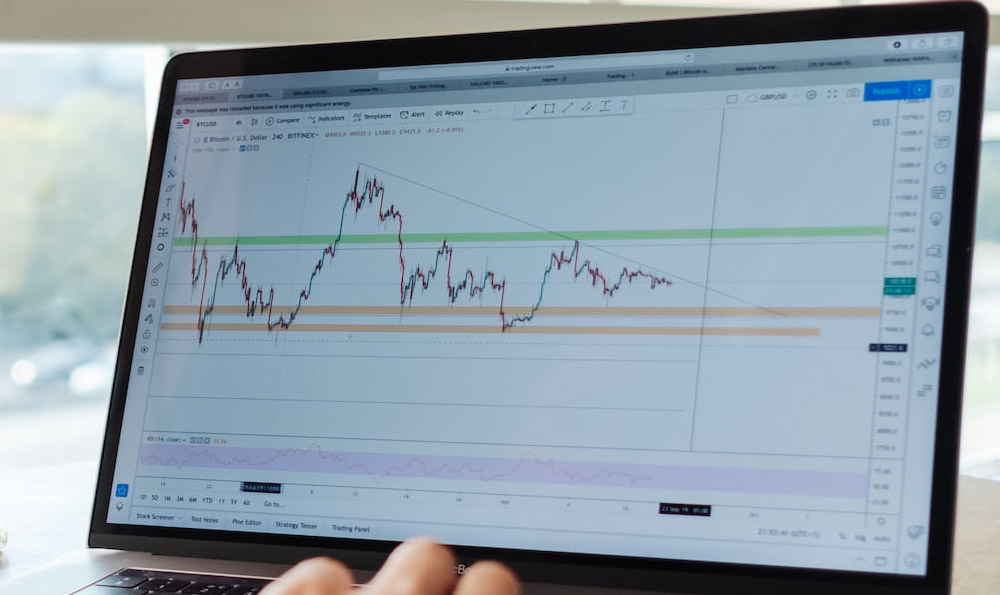Okay, I understand. Here's an article based on the title "How Much Does Uber Pay, and Is It Worth It?" written in English, exceeding 800 words, avoiding bullet points and numbered lists, and steering clear of introductory phrases like "Firstly" or "Secondly." The article aims to provide a comprehensive overview of the topic.
Is the allure of setting your own hours and being your own boss enough to draw you into the world of rideshare driving? For many, Uber presents a tempting opportunity for flexible income. However, the question that lingers is: How much does Uber really pay, and more importantly, is it worth the effort? The answer, as you might expect, is complex and heavily dependent on a multitude of factors.
The most obvious aspect of Uber pay is the fare itself. Uber's payment structure is built upon a base fare, a per-mile rate, and a per-minute rate, all of which are subject to change based on location and time. Surges in demand, often indicated by colored zones on the Uber driver app, can dramatically increase these rates, sometimes doubling or even tripling the standard fare. While these surge periods can be lucrative, they are also often unpredictable and competitive, requiring drivers to position themselves strategically to capitalize on them. Furthermore, Uber takes a commission on each ride, a percentage that has fluctuated over time and varies depending on the market and the driver's agreement with Uber. Understanding this commission structure is crucial for accurately calculating potential earnings.

Beyond the base fare, several other factors influence how much a driver takes home. Tips, for instance, can significantly boost income, particularly in markets where riders are accustomed to tipping generously. However, relying solely on tips for a substantial portion of income is risky, as tipping habits vary considerably and are not guaranteed. Uber also offers various incentive programs, such as promotions for completing a certain number of rides within a specific timeframe, or bonuses for driving during peak hours. These incentives can be enticing, but it's important to carefully evaluate whether the conditions required to earn them are realistic and profitable given individual circumstances. Are you chasing a bonus that requires you to drive during hours with lower demand, effectively negating the potential gain?
Calculating gross earnings is only the first step. The true measure of Uber's worth lies in net earnings – what's left after accounting for the expenses associated with driving. This is where the equation becomes significantly more nuanced. Vehicle maintenance is a major expense. Regular oil changes, tire rotations, brake repairs, and other upkeep are essential to keeping a car in good working condition. Given the increased mileage that comes with rideshare driving, these costs can quickly add up. Fuel costs are another significant consideration, particularly with fluctuating gas prices. The fuel efficiency of your vehicle plays a crucial role here; a gas-guzzler will obviously cut into profits far more than a hybrid or electric vehicle.
Insurance is another crucial expense. Standard personal auto insurance policies often don't cover driving for commercial purposes like Uber. Drivers need to obtain rideshare insurance, which can be more expensive than regular insurance. This coverage protects both the driver and the passengers in the event of an accident while the driver is online with the Uber app. Depreciation is a hidden cost that is frequently overlooked. The more miles you put on your car, the faster it depreciates in value. This depreciation can be substantial, especially over the long term.
Finally, consider the cost of time. Driving for Uber can be time-consuming, and the hours are often unpredictable. You might spend significant time waiting for ride requests, particularly during off-peak hours. The time spent cleaning the car, dealing with difficult passengers, and driving to and from pick-up locations also needs to be factored into the overall equation. Is the hourly rate you're effectively earning worth the time commitment, considering the flexibility might be offset by inconsistent demand?
Beyond the purely financial aspects, the "worth" of driving for Uber also depends on individual circumstances and priorities. For some, the flexibility to set their own hours and work around other commitments is invaluable. This flexibility can be particularly appealing to students, parents, or individuals with other part-time jobs. The ability to earn extra income on demand can also be a significant advantage, especially for those facing unexpected expenses.
However, the lack of traditional employee benefits, such as health insurance, paid time off, and retirement contributions, is a major drawback for many. As an independent contractor, Uber drivers are responsible for covering these costs themselves, which can significantly impact their overall financial well-being. Furthermore, the job can be physically and mentally demanding, requiring long hours of driving and dealing with a diverse range of passengers. The constant pressure to maintain a high rating and avoid negative reviews can also be stressful.
Ultimately, deciding whether driving for Uber is "worth it" requires careful consideration of all these factors. It's essential to conduct a realistic assessment of potential earnings, taking into account all expenses and time commitments. It's also important to weigh the benefits of flexibility and on-demand income against the lack of traditional employee benefits and the potential for physical and mental strain. By carefully analyzing your own circumstances and priorities, you can make an informed decision about whether Uber driving is the right choice for you. Don't just look at the hourly rate; consider the bigger picture.












